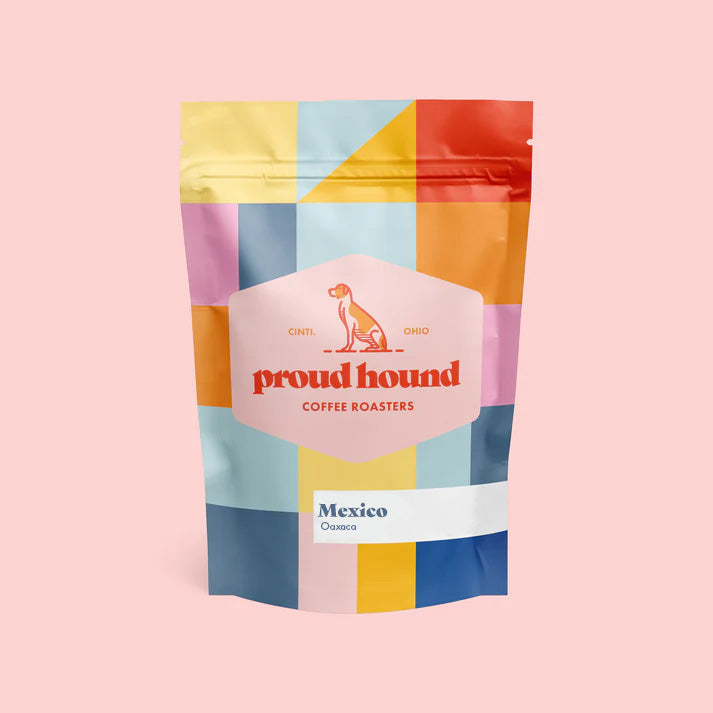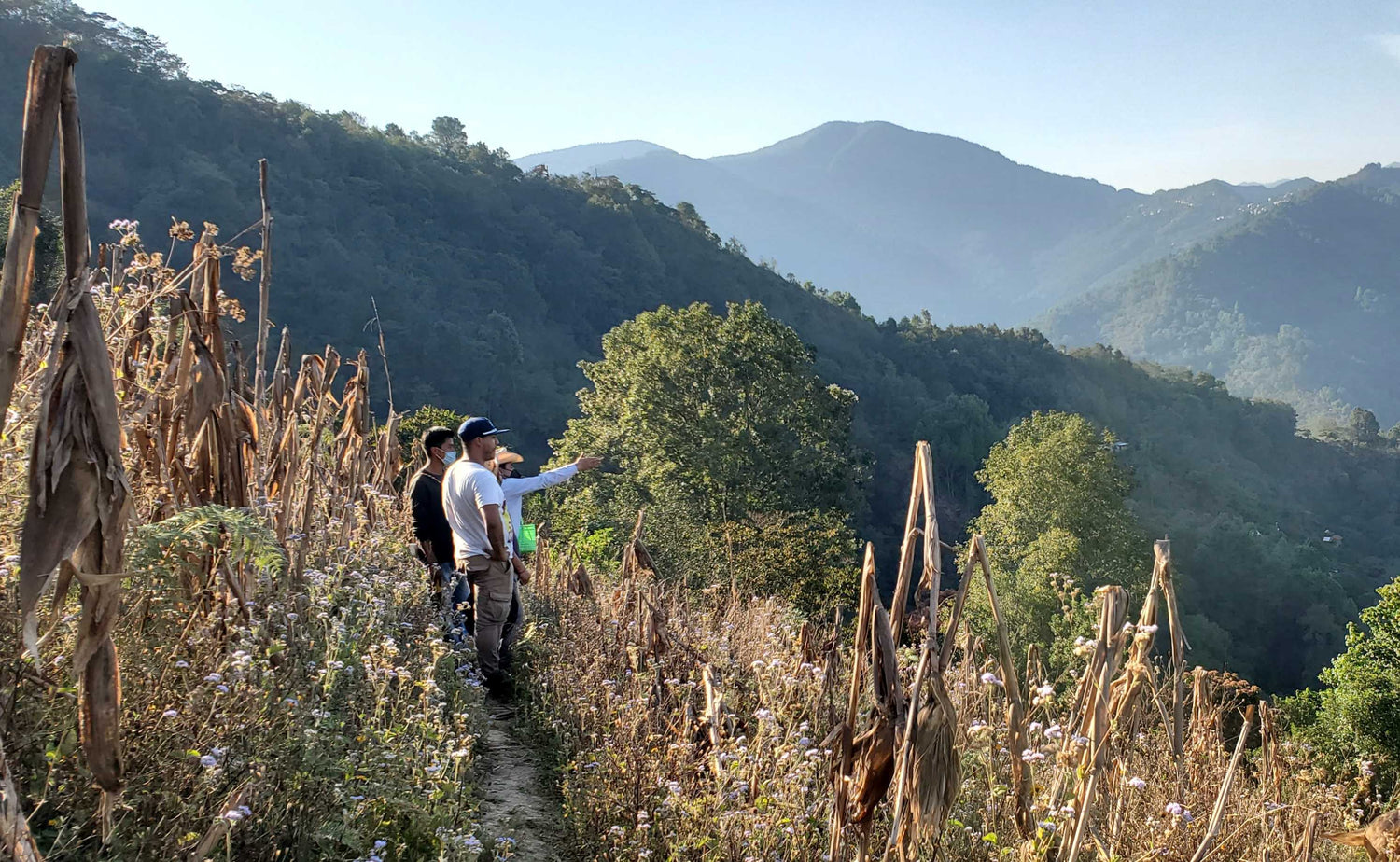Mexico - Oaxaca
Mexico - Oaxaca
Milk Chocolate, Cherry, Nutmeg
Couldn't load pickup availability
*Please note we roast coffee on Tuesday and Wednesday so coffee will ship on Wednesday or Friday!

-
TASTING NOTES
Milk Chocolate, Cherry, Nutmeg
-
ORIGIN
Mexico
-
REGION
Oaxaca
-
PRODUCER
San Vicente Yogondoy
-
VARIETY
Pluma
-
PROCESS
Washed
-
ELEVATION
1500-1700 MASL
-
IMPORTER
Red Fox Coffee Merchants

About the Coffee
San Vicente Yogondoy is a lush, densely forested community in the Sierra Sur region of Oaxaca in the district of Pochutla. The steep slopes where coffee grows under a thick canopy of native shade face the Pacific Ocean to the south and receive very distinct rainy and dry seasons with cooling Pacific breezes.
Getting to San Vicente Yogondoy from Oaxaca takes approximately 5 hours via road. That road is in good condition, so the real challenge is getting from the town of Yogondoy out to the farms. Unlike many other producing areas where producers live on their farms, Yogondoy’s producers usually live in the central town with their farms only reachable by 2-3 hours on foot or mule. During harvest, producing families usually stay in temporary housing on the farms, during which they have to move their coffee by mule or on foot over the course of several trips to the city.
Yogondoy’s indigenous Zapotec traditions and language are alive and well. In Zapotec, Yogondoy means “River of Bees,” and many local farmers keep beehives for honey and pollination alongside their coffee. Many of the farmers in this group have younger coffee trees that were planted in the last 5 years and continue the tradition of maintaining almost 100% of the Pluma variety, a local mutation of Typica that has grown here for over 80 years. It thrives in these conditions, soil, and climate, producing spectacular cup quality. Many of the farmers are also under 30 years old, an encouraging fact showing that coffee has a future here. However, a percentage of young people are also migrating to the capital in search of better opportunities.
Another tradition still very present in the Zapotec community in the area is the practice of Tequio (a word from the Nahuatl language that means work or tribute), a practice of communal workshare that comes into play during harvest and in off-season renovations.
Yogondoy has a high level of plant diversity on the coffee farms compared to other coffee-growing areas. Local producers use native trees such as Cuachepil, Cuil, and/or avocado to shade their coffee trees. These trees provide not only shade, but also various benefits such as food, ornamentation, medicine, construction materials, and water collection. For instance, the Cuil has leaf litter that adds a rich fertilizer to the soil.
The farms usually keep a distance of 2 meters between rows and 1.5 meters between seedlings. Between each row, producers usually place a plant that serves to separate the rows and keep the coffee trees apart.
Yogondoy is one of the few communities in which we see a year on year increase in both yield and quality. The producers here have invested a lot in their crops for 8 years, leading to production between 1000-2000 kg per hectare of dry parchment—nearly double that of many other Mexican coffee-growing areas.


